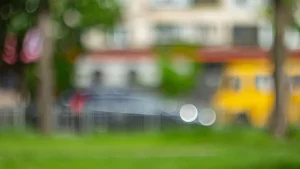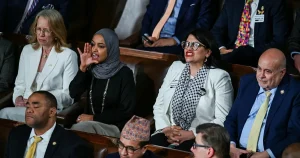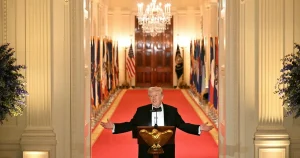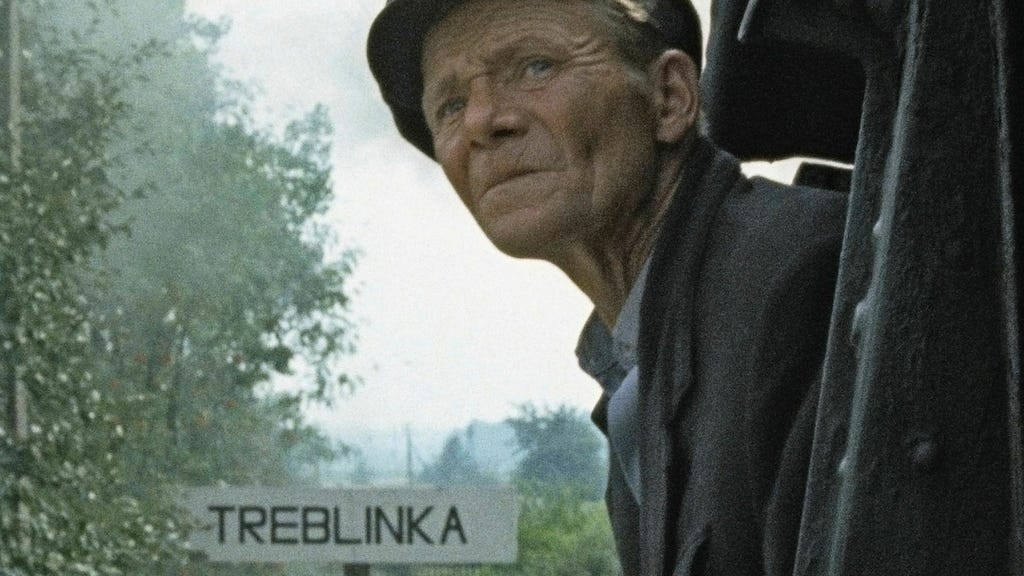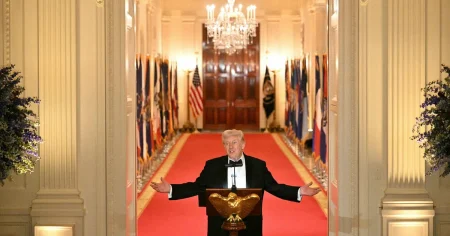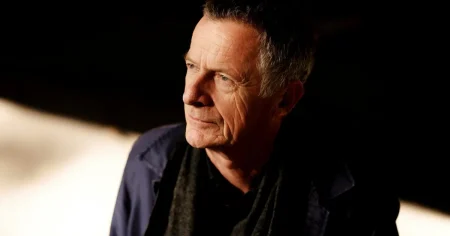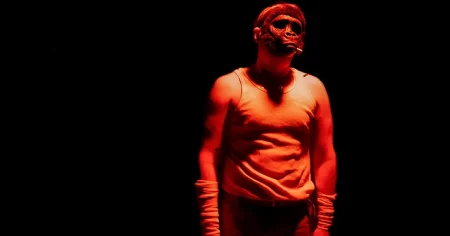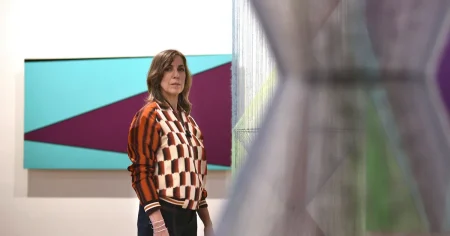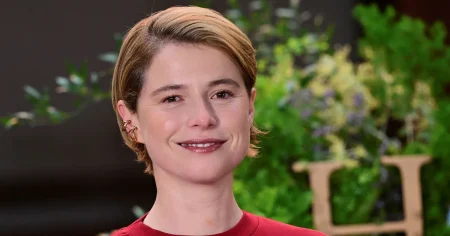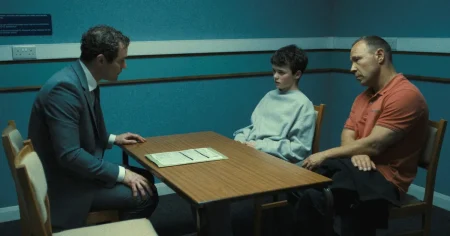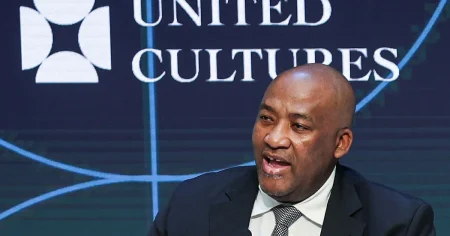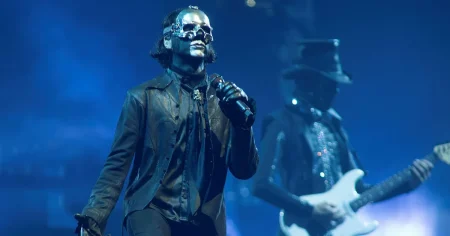Claude Lanzmann’s monumental 1985 documentary ”Shoah” stands as a cinematic cornerstone in Holocaust remembrance. The film, clocking in at over nine and a half hours, eschews traditional documentary techniques, foregoing archival footage and narration in favor of extended interviews with survivors, perpetrators, and witnesses. Lanzmann’s meticulous approach constructs a harrowing tapestry of testimony, weaving together personal narratives to create a profoundly impactful and unforgettable experience. Hailed by Simone de Beauvoir as a ”masterpiece, a union between horror and beauty,” ”Shoah” remains a vital testament to the importance of bearing witness and ensuring that the horrors of the Holocaust are never forgotten. Its enduring power and influence continue to resonate, particularly as the world commemorates the 80th anniversary of the Holocaust.
To mark this solemn occasion, ”Shoah” is being re-released in Swedish cinemas through a collaborative effort between Folkets Bio, the Robert Weil Family Foundation, and the Swedish Museum of the Holocaust. This revival allows a new generation to grapple with the film’s complex and challenging subject matter, offering a unique opportunity for reflection and remembrance. The re-release is accompanied by a series of events, including a full-day program at ABF Stockholm on January 27th, International Holocaust Remembrance Day. This event will feature screenings of ”Shoah” interspersed with discussions and lectures by prominent figures, including historian Timothy Snyder, who will address the causes of the Holocaust and their implications for the future. The program also features author Åsa Moberg, cinematographer Marek Septimus Wieser, educator Sara Törneman, and Mattias Kalander, grandson of Hanna Dimitri, a Roma Holocaust survivor. This multi-faceted approach aims to contextualize the film and encourage deeper engagement with its themes.
The nationwide re-release of ”Shoah” extends beyond Stockholm, bringing the film to audiences in Gothenburg, Lund, Umeå, and other cities across Sweden. This broad reach underscores the film’s enduring relevance and its continued capacity to provoke dialogue and understanding. The screenings provide a shared space for audiences to confront the difficult truths of the Holocaust and to consider their implications for contemporary society. By making ”Shoah” accessible to a wider audience, the organizers aim to foster a renewed commitment to Holocaust remembrance and to combat the resurgence of antisemitism and other forms of intolerance.
Further highlighting the enduring legacy of ”Shoah,” Guillaume Ribot’s new documentary, ”All I Had Was Nothing,” premiered at the 2024 Berlin Film Festival. This film delves into the making of ”Shoah,” using exclusively Lanzmann’s own words and unseen footage from the original documentary. Ribot’s approach provides a unique behind-the-scenes perspective on Lanzmann’s relentless pursuit to document the Holocaust and his innovative cinematic approach. The film explores the challenges and complexities of capturing the unspeakable and offers insight into the creative process that gave birth to such a groundbreaking work. The simultaneous screening of both films in Berlin, a city deeply intertwined with the history of the Nazi regime, adds another layer of significance to this commemoration.
The juxtaposition of ”Shoah” and ”All I Had Was Nothing” offers a compelling opportunity for audiences to engage with the history of the Holocaust on multiple levels. Ribot’s film provides context and illuminates Lanzmann’s artistic vision, while ”Shoah” itself remains a stark and powerful testament to the human cost of genocide. The concurrent screenings create a dynamic dialogue between the two films, encouraging viewers to delve deeper into the historical context and the artistic choices that shaped ”Shoah.” This combined presentation serves as a powerful reminder of the importance of preserving historical memory and confronting the difficult truths of the past.
The 75th anniversary of the Berlin Film Festival provides a fitting backdrop for the premiere of ”All I Had Was Nothing” and the re-screening of ”Shoah.” The festival’s commitment to showcasing films that explore complex and challenging themes aligns perfectly with the subject matter of both documentaries. The festival setting also provides a platform for international audiences to engage with these films and to participate in the ongoing conversation about the legacy of the Holocaust. By showcasing these films, the Berlin Film Festival reaffirms the power of cinema to educate, inspire, and promote dialogue about critical historical events. The screenings serve as a testament to the enduring importance of remembering the past and confronting the challenges of the present.


